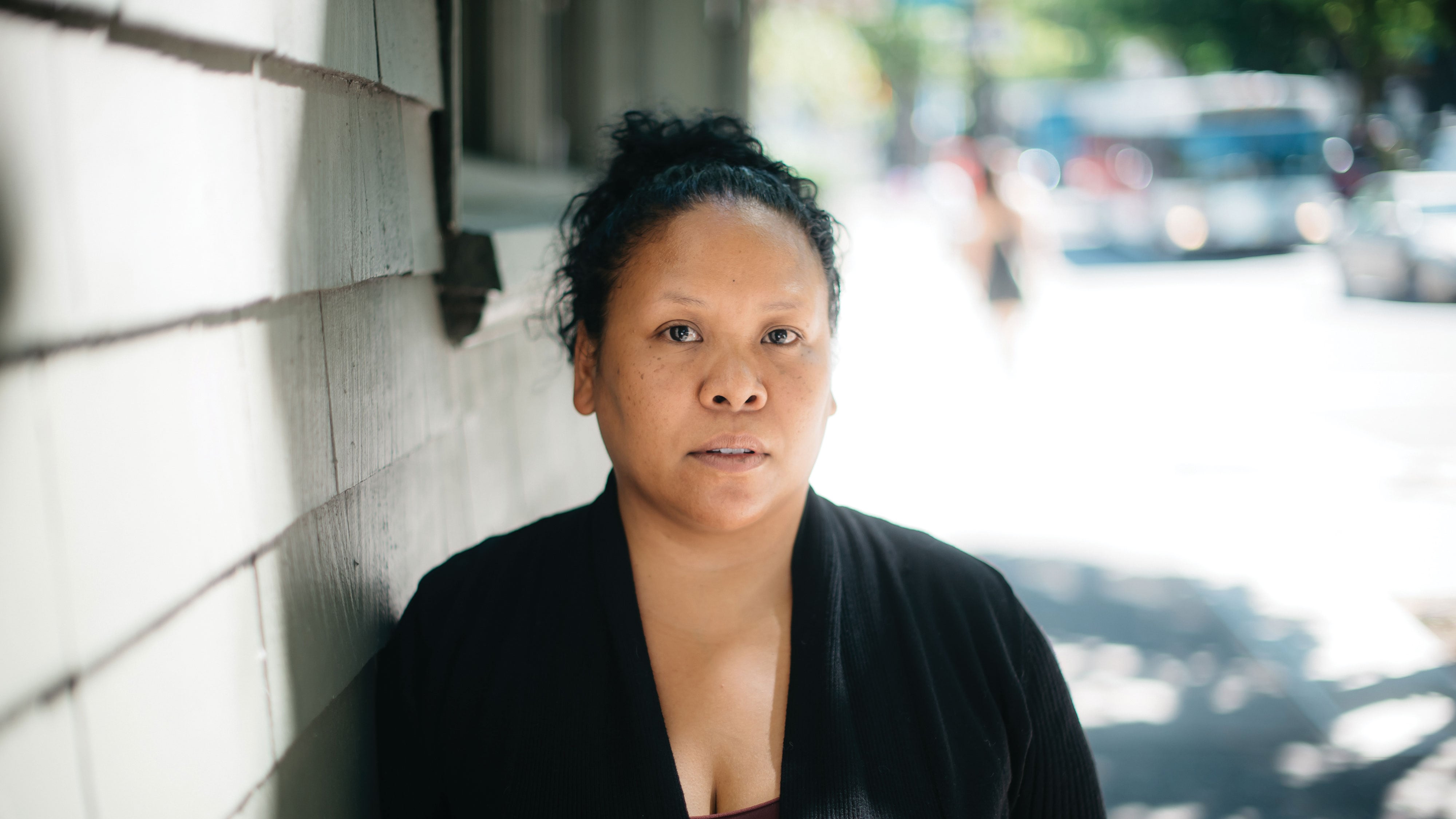The owner of shuttered Northeast Portland strip club Exotica International Club for Men can move forward with her claims that the city forced her to shut down through racist enforcement of liquor laws, a federal judge ruled Wednesday.
The club, one of the few in Portland that catered to black clientele, closed in July 2015.
Owner Donna Thames says she had to shut down because the city made her close at midnight for three months as part of a "prolonged cooling-off period" after a shooting in the Exotica parking lot injured three people. Closing early was economically impossible, Thames says, because her dancers and bartenders told her they wouldn't work at a club where they would miss out on lucrative late nights.
Thames sued the city and the Oregon Liquor Control Commission in August 2016, claiming it targeted her as part of a policy of shutting down black clubs. Thames says the city didn't impose similar restrictions after shootings at clubs frequented by white customers.
"The City of Portland, working in partnership with state liquor authorities, has a long and shameful history of knowingly and intentionally targeting black clubs with all of their regulatory power in a concerted effort to drive the clubs out of business," the complaint states.
In 2016, she told her story to WW.
Related: A $22 million federal lawsuit says Portland discriminated against a black nightclub owner.
The city asked the court to toss out the lawsuit, arguing that Thames didn't show any evidence that city officials treated black clubs differently than white clubs and claiming that officials involved didn't even know that Thames was black.
But U.S. District Judge Marco Hernandez didn't buy it. Hernandez let the lawsuit proceed, finding that Thames provided enough evidence to take her claims to trial.
Hernandez also refused the city's request to remove several paragraphs in the lawsuit detailing racist city policies used to shut down black clubs in Portland since the 1920s. He ruled that the historical allegations wouldn't unfairly harm the city in the eyes of a jury.
The Portland Police Bureau declined comment on pending litigation. The Oregon Liquor Control Commission and the city's Office of Neighborhood Involvement did not respond to requests for comment.
